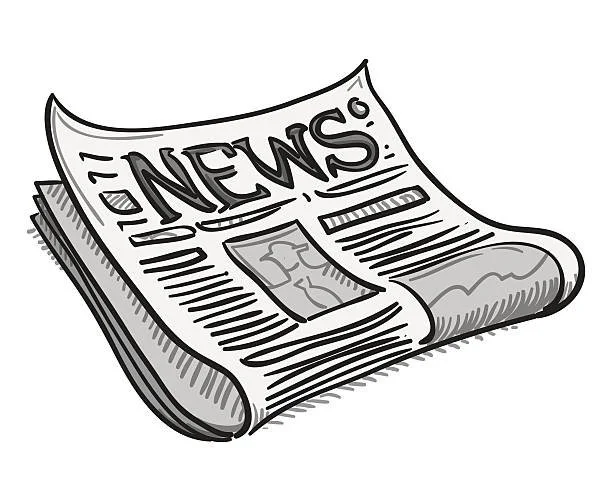Earlier this week, the Star Tribune printed an opinion editorial submitted by an extreme far-right organization in opposition to the MinnState’s Equity 2030 initiative. A response written by a coalition of students, faculty, staff, the Chancellor and, the Chair of the Board Trustees was printed today.
Equity 2030 aims to close the educational equity gaps across race and ethnicity, socioeconomic status, and first-generation students by the end of the decade at every Minnesota State college and university.
Recognizing the power of education to transform lives, IFO remains deeply committed to this work. Addressing systemic and structural inequities to enhance higher education access and outcomes creates a better future for students, communities, and the entire state. In addition, the IFO developed an Equity & Inclusion Strategic Plan to ensure the barriers faced by our faculty of color, LGBTQ+, female, and faculty with disabilities are part of the solutions to reaching this goal and enhancing the protections of all faculty.
We are also deeply committed to defending your academic freedoms. Sunday’s opinion editorial was part of a continuing effort to deny faculty, the experts in our fields of study, the right to teach what we know to be important concepts and academic viewpoints to our students and to limit how we teach such things.
The IFO took a leading role in coordinating and developing the response to the inaccurate, politically charged hit piece. We have assisted with drafting an op-ed signed by the major stakeholders of MinnState including student organizations, all faculty unions, and the administration. Students, faculty, and staff are united in a strong sense of urgency toward achieving the Equity 2030 goal.
Equity 2030 emerged out of a year-long exploration to reimagine the future of higher education. While MinnState colleges and universities have long focused on improving access and academic outcomes for students from historically underserved populations, the educational equity gaps have persisted. Equity 2030 focuses the conversations around equity issues on outcomes and solutions, and implements faculty and student-led initiatives to reach the goal. We are proud to support Equity 2030.


